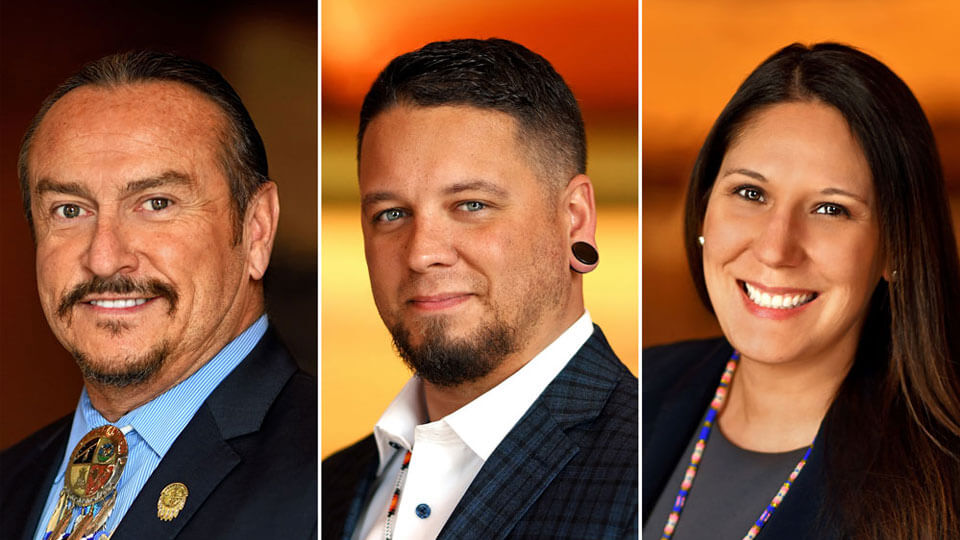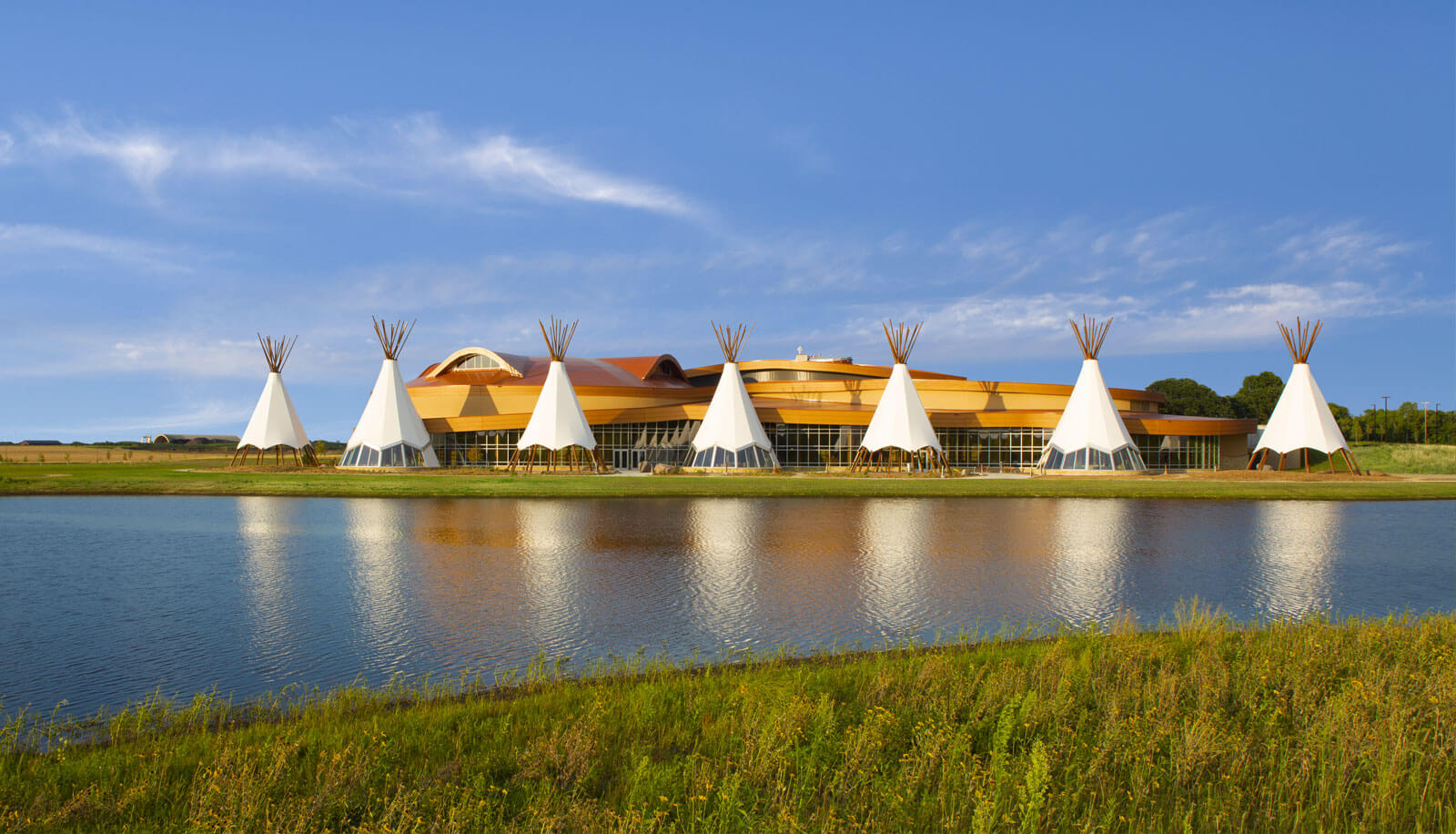SMSC Government 101

The Shakopee Mdewakanton Sioux Community (SMSC) is a federally recognized, sovereign Native American tribe. Sovereignty means the tribe has the right to govern itself and interact on a government-to-government basis with local, county, state, and federal units of government. The SMSC is governed by the General Council and the Business Council. To gain a better understanding of the tribe and how it operates, it’s helpful to understand the role of the General Council and the Business Council.
General Council
The highest governing body of the SMSC is the General Council, which consists of all enrolled members of the tribe ages 18 and older. The General Council meets bimonthly to make decisions, set policies, and vote on agenda items that largely affect the tribe, as defined in the SMSC’s Constitution. Every other month—non-voting months—the General Council hosts an informational meeting for its members. General Council members are also tasked with electing representatives to the Business Council, Gaming Commission, Enrollment Committee, Education Committee, and Gaming Board of Directors.
Business Council
The Business Council is the SMSC’s formally elected body of three Community Member officials (Chairman, Vice-Chairman, and Secretary/Treasurer), elected every four years by the General Council. Business Council members are responsible for running the day-to-day operations of the tribe and for implementing the decisions of the General Council. Their role as Business Council is to promote the health, education, and welfare of Community Members and their families, now and for generations to come. They also make decisions that shape the SMSC’s role as a leading employer, Native American nation, and member of the greater community. Current members of the SMSC Business Council are: Chairman Keith Anderson, Vice-Chairman Cole Miller, and Secretary/Treasurer Rebecca Crooks-Stratton.

